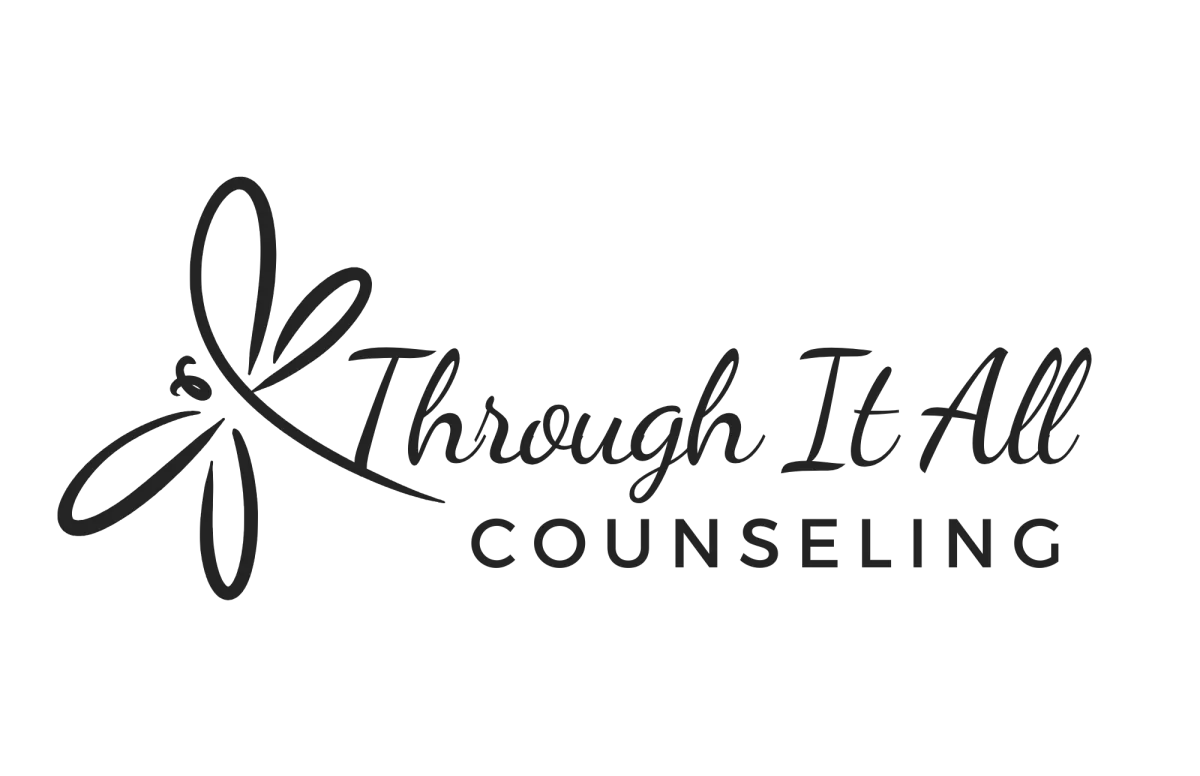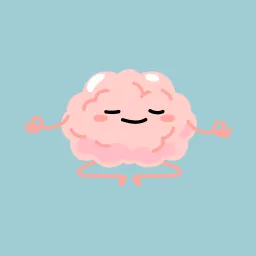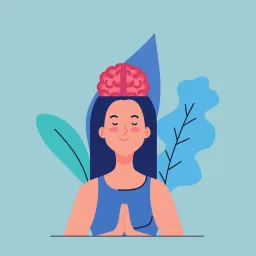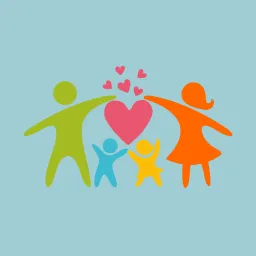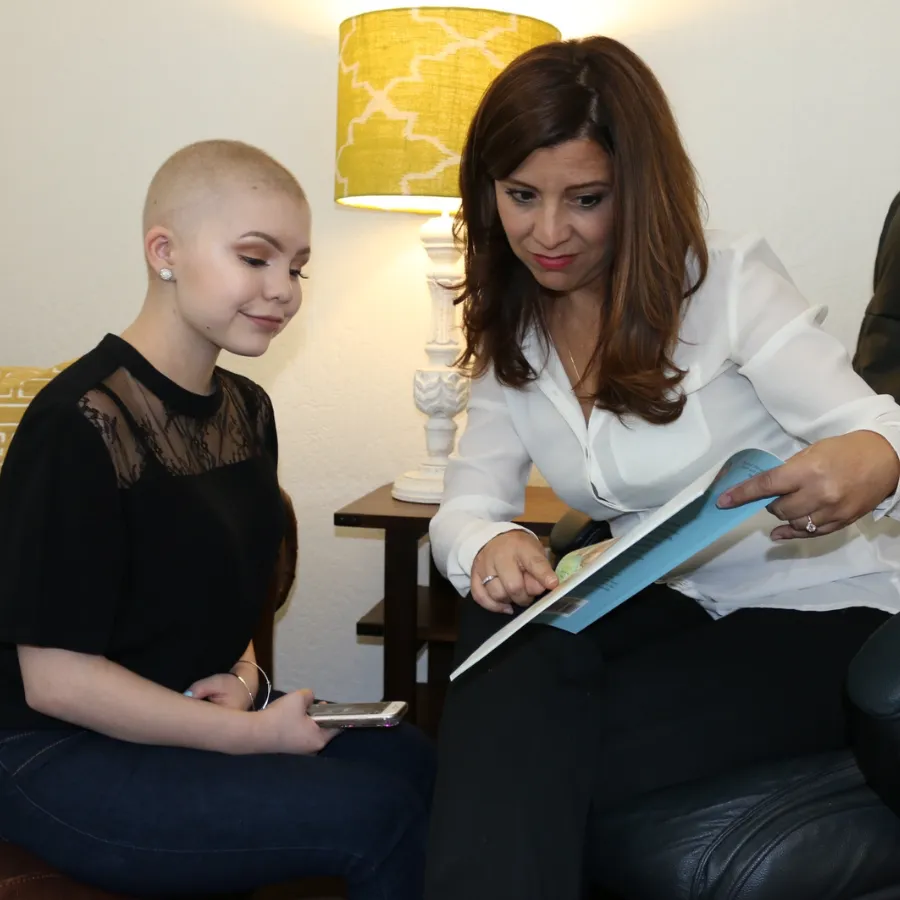At Through It All Counseling, healing is never one-size-fits-all. I offer a variety of goal oriented integrative therapies designed to support children, teens, adults, and families through life’s most challenging moments. Whether you're navigating trauma, chronic illness, anxiety, or emotional overwhelm. There is a path forward.
Explore the services below to find the right fit for your needs, and let’s begin the journey.
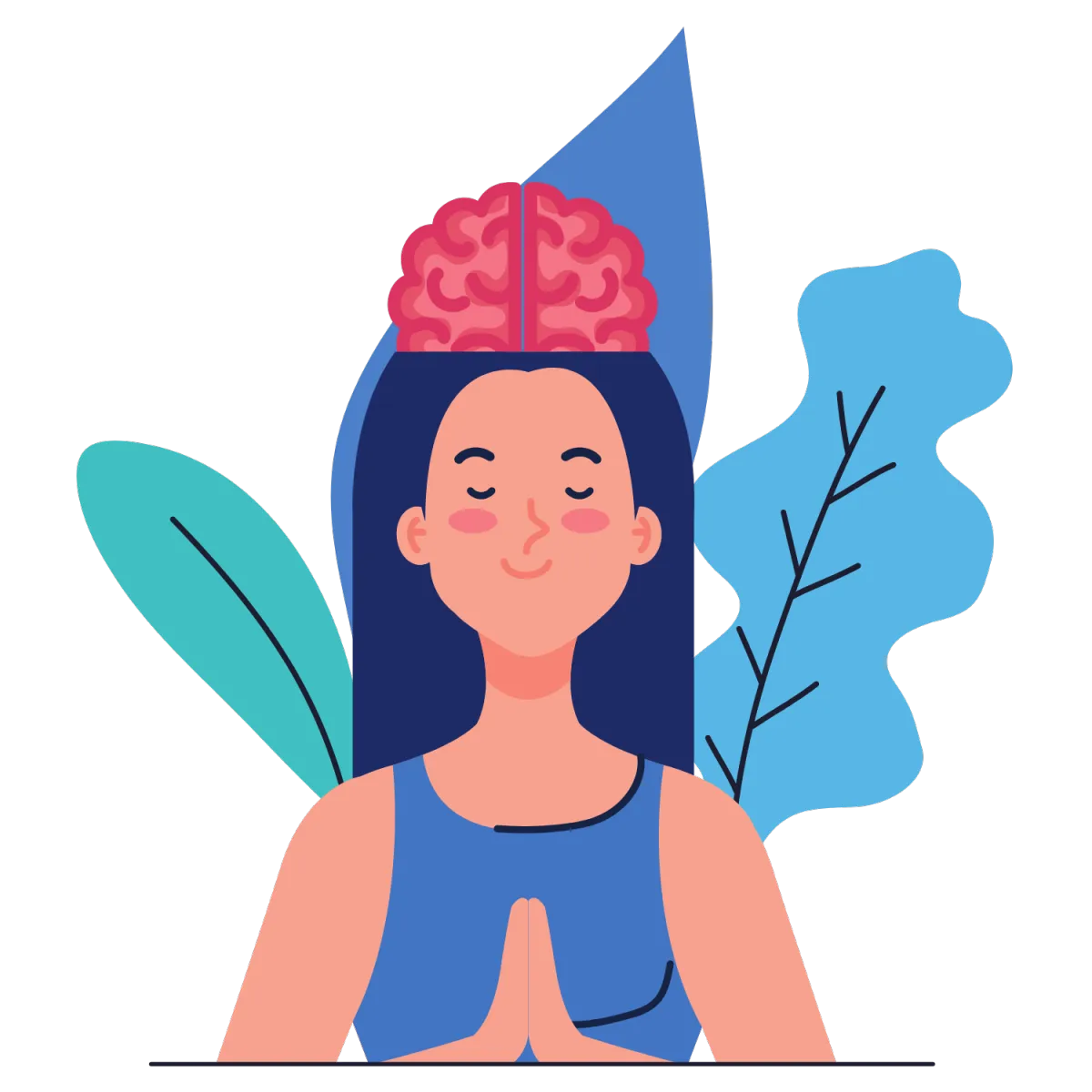
Brainspotting
What is Brainspotting?
Brainspotting is a powerful, brain-body based therapy that accesses deep parts of the brain to help clients process trauma, emotional pain, and somatic distress. It uses eye position to locate “brainspots” connected to stored experiences, allowing the brain and body to naturally move toward healing. Cristina has advanced levels of training in Brainspotting under its creator, Dr. David Grand, and is also a certified Brainspotting Therapist and an Approved Brainspotting Consultant who trains and supports other therapists in this transformational method.
How is Brainspotting different from traditional talk therapy?
Unlike talk therapy, which relies on verbal processing, Brainspotting taps into the brain’s deeper, subconscious systems through eye position and body awareness. It’s particularly effective for trauma, anxiety, and somatic issues that talking alone can’t always resolve.
What issues can Brainspotting help with?
Brainspotting is highly effective for:
>Trauma & PTSD Anxiety and panic disorders
>Dysregulation
>Chronic pain and fatigue
>Medical trauma
>Performance blocks
>Grief and loss
>Emotional regulation challenges
>Feeling stuck, frozen, or unable to take the next steps
>And more
Is Brainspotting safe for children and teens?
Yes! Brainspotting is safe and effective for all ages. Cristina integrates Brainspotting with play therapy for younger clients to make it developmentally appropriate and engaging.
What does a Brainspotting session look like?
You’ll be guided to find a “brainspot” (eye position connected to emotional or physical distress) while focusing on body sensations and emotions. The therapist holds space as your brain naturally processes and releases what’s stored. It’s a gentle but powerful experience. Brainspotting can also enhance creativity and improve performance in areas like sports, music, and public speaking, and test taking.
Research
The Newton-Sandy Hook Community Foundations 2016 survey found brainspotting to be the most effective therapy after the 2012 school shooting, based on feedback from survivors, responders, and the community.
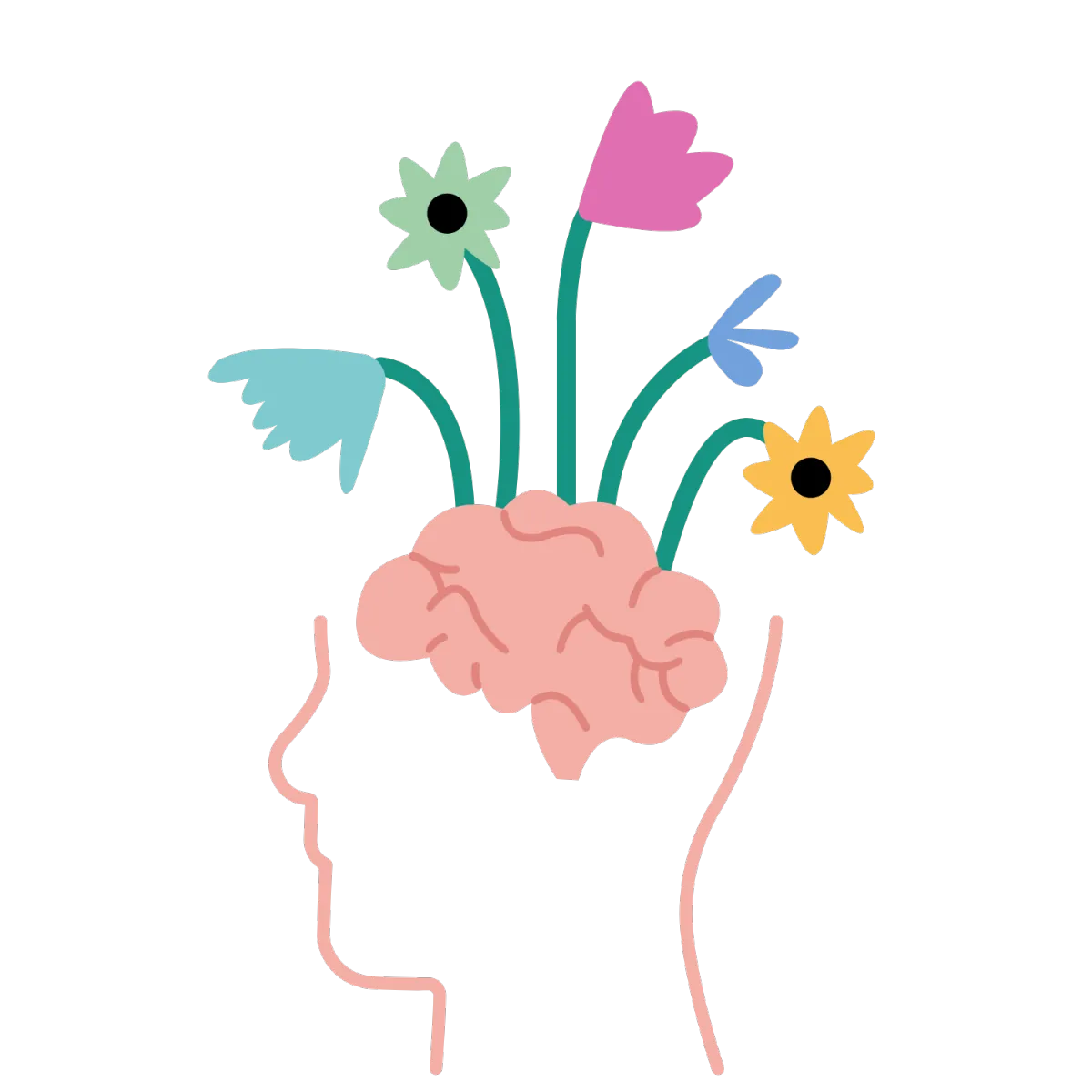
Brainspotting Certification
For Therapists Interested in Becoming Certified
What is Brainspotting Certification?
Brainspotting Certification is an advanced credential that recognizes a therapist’s commitment to mastering the Brainspotting modality.
Why should I work with Cristina for certification?
Cristina is a leader in Worldwide Brainspotting community as a Brainspotting consultant. She has advanced training in Brainspotting with Children and adolescents and has years of experience integrating Brainspotting with play therapy, trauma-informed care, parts work, expressive arts, and medical illness. Her consultation style is warm, encouraging, supportive, and deeply rooted in real-world clinical practice. She also loves to teach and adds a sense of humor to help this process.
Who is eligible to become certified in Brainspotting?
Certification requires 6 hours of consultation, 50 documented Brainspotting sessions with clients. Therapists must have completed Brainspotting Phase 1 training and signed up for Phase 2. You should also be actively using Brainspotting in your practice. Additionally, you will need to complete one of the following advanced trainings: Phase 3, Phase 4, Phase 5, or Masterclass.
How do I schedule consultation hours with Cristina?
You can schedule a free 15 minute one-on-one consultation or schedule consultation hours directly with Cristina by filling out the form or using her contact information on our "about" page by pressing button below


Expressive and Creative
Play Therapy
Play Therapy is a developmentally appropriate, child-centered approach that uses play as the primary language for healing, self-expression, and problem-solving. It allows children to process emotions, build coping skills, and resolve challenges in a way that feels natural and safe. Cristina took three levels of advanced training to become a StoryPlay® Practitioner with StoryPlay Global, trained by Dr. Joyce Mills, integrating stories, metaphors, and creativity into sessions to help children access their inner strengths and discover solutions through their own imagination and resilience.
Expressive Arts
Expressive Arts is a creative, expressive form of therapy that uses drawing, painting, and other art-making techniques to help clients process emotions, reduce anxiety, and uncover insights that may be difficult to express with words. It’s especially effective for children and teens, but powerful for all ages seeking a non-verbal path to healing.
Bibliotherapy
Bibliotherapy is a therapeutic approach that uses books, stories, and written materials to support emotional healing, self-awareness, and personal growth. By engaging with carefully chosen literature, clients can explore their own experiences, gain perspective, and develop new coping skills—all within the comforting structure of a narrative.
Creative Art Therapy
Creative Art Therapy blends visual arts, storytelling, movement, and imaginative play to help clients explore emotions, express inner experiences, and process trauma in a non-verbal, empowering way. It encourages self-discovery and healing through creative expression, making it especially impactful for children and individuals who struggle to articulate their feelings through traditional talk therapy.
Guided Therapeutic Imagery
Guided Therapeutic Imagery is a gentle, mind-body technique that uses imagination and sensory visualization to access inner resources, reduce stress, and promote healing. By guiding clients through calming mental images and scenarios, this approach helps process trauma, release emotional blocks, and build resilience from within.
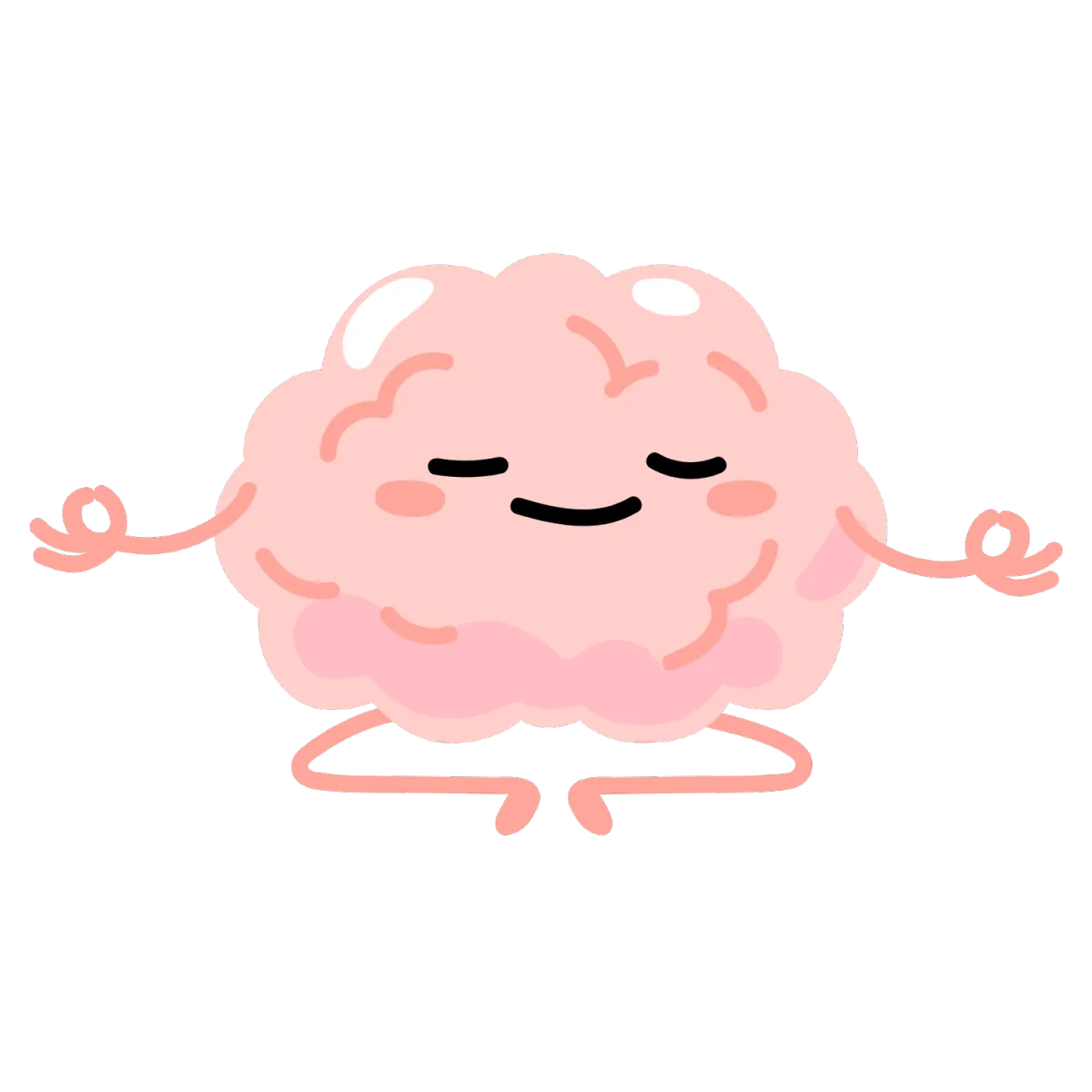
Brain-Body Approaches
Somatic Work
Somatic work that are body-centered therapies that help clients tune into physical sensations to process emotions, trauma, and stress stored in the body. By increasing awareness of how the body holds experiences, somatic techniques support emotional regulation, release tension, and promote deep, lasting healing from the inside out.
Brain-Body Work
Brain-Body Work integrates the emotional, physical, cognitive, and spiritual aspects of a person to promote deep healing and self-awareness. By combining talk therapy with somatic practices like breathwork, movement, and mindfulness, it helps clients process trauma, regulate emotions, and build resilience from the inside out. This holistic approach honors the wisdom of the body as a vital part of therapeutic transformation.
Health Psychology
Health Psychology focuses on the connection between physical health and emotional well-being. It helps individuals understand how thoughts, emotions, stress, and behaviors can impact medical conditions—and empowers them with coping strategies to manage symptoms, navigate diagnoses, and improve overall quality of life.
Breathwork
Breathwork is a therapeutic practice that uses intentional breathing techniques to regulate the nervous system, release emotional tension, and support mind-body healing. Through guided breath patterns, clients can access deeper states of awareness, calm anxiety, and process unresolved emotions—creating space for clarity, resilience, and inner peace.
Polyvagal Therapy
Polyvagal Therapy is based on the Polyvagal Theory, which explores how the nervous system responds to stress, safety, and connection. This approach helps clients understand and regulate their physiological state—shifting from survival mode (fight, flight, or freeze) into a sense of calm and safety—by using body-based tools like breathwork, grounding, and co-regulation techniques. It's especially effective for trauma, anxiety, and emotional dysregulation.
Sleep Hygiene
Sleep Hygiene refers to the healthy habits and routines that support restful, consistent sleep. By addressing behaviors, environment, and thought patterns that interfere with sleep, clients can improve their energy, mood, and overall well-being—especially when managing stress, anxiety, or chronic health conditions.
Mindfulness-Based Interventions
Mindfulness-Based Interventions use present-moment awareness practices to help clients reduce stress, regulate emotions, and build resilience. By cultivating non-judgmental attention to thoughts, feelings, and bodily sensations, clients learn to respond rather than react—creating space for healing, self-compassion, and lasting emotional balance.

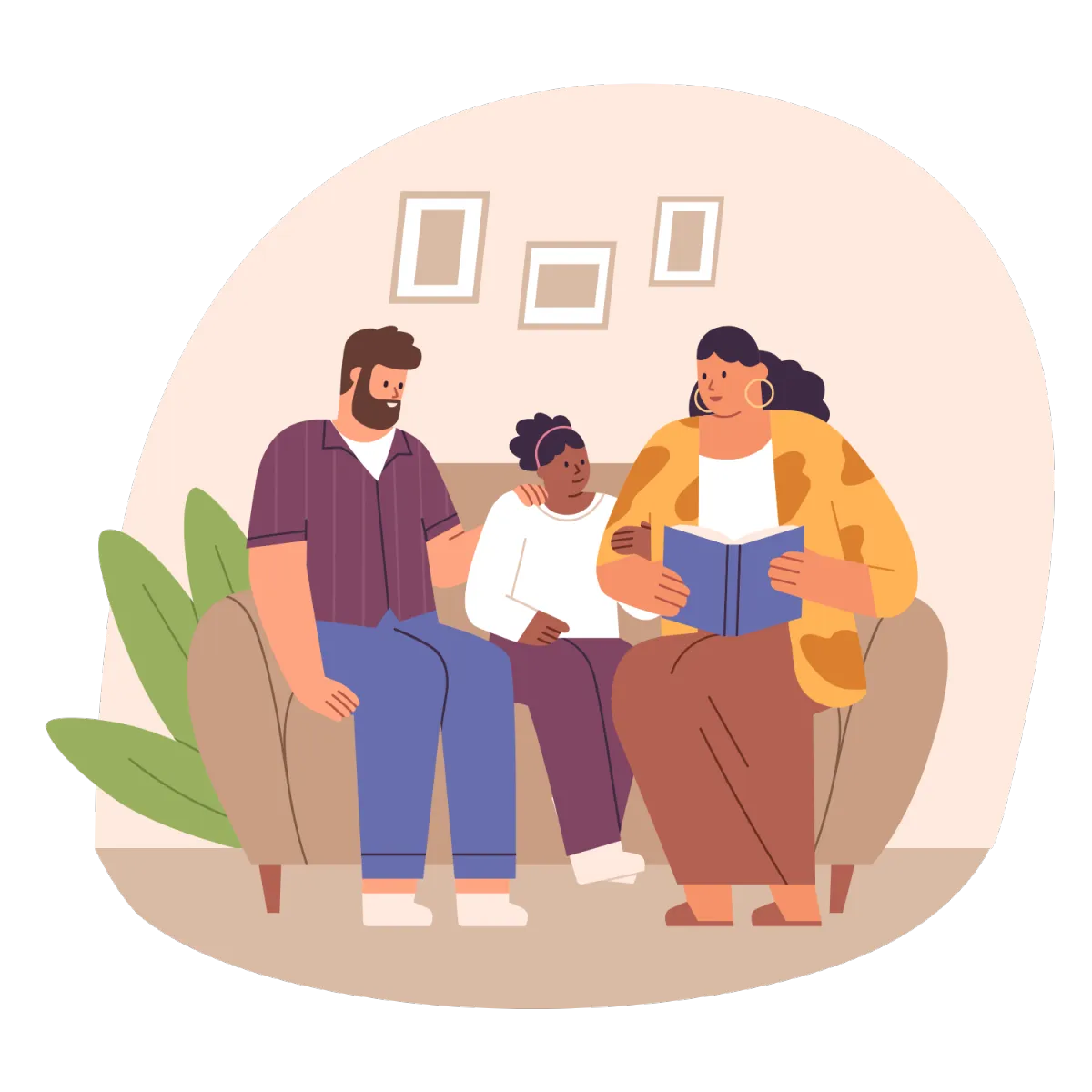
Family & Relationship-Based Therapies
Family Systems Therapy
Family Systems Therapy views the family as an interconnected unit, where each member’s behavior affects the whole. This approach helps families identify patterns, improve communication, and strengthen relationships by addressing issues within the family dynamic. It promotes healing not just for the individual, but for the entire family system.
Parent Work
Parent Work focuses on empowering caregivers with the tools, insight, and support they need to nurture their child’s emotional and behavioral growth. Through collaborative sessions, parents learn effective strategies, strengthen their connection with their child, and gain confidence in navigating challenges—all while feeling supported in their own parenting journey.
Parenting, Divorce, and Co-Parenting Support
Parenting, Divorce, and Co-Parenting Support focuses on helping families navigate the emotional complexities of raising children during times of transition. Whether you're adjusting to new parenting roles, managing the impact of divorce on your child, or working through co-parenting challenges, therapy provides a supportive space to improve communication, reduce conflict, and prioritize your child’s emotional well-being. The goal is to help families create a stable, nurturing environment—even when circumstances change.

Solution-Oriented & Evidence-Based Therapies
Culturally Sensitive Therapy
Culturally Sensitive Therapy honors and integrates each client’s cultural background, values, and lived experiences into the therapeutic process. This approach creates a respectful, inclusive space where individuals feel seen, heard, and understood—allowing for deeper connection, trust, and meaningful healing across diverse identities and communities.
Nature Based and Walk and Talk Therapy
Nature-Based and Walk-and-Talk Therapy integrates the calming, grounding effects of the natural environment into the therapeutic process. Sessions take place outdoors—often while walking—which can help reduce anxiety, enhance emotional regulation, and stimulate reflection in a more relaxed, open setting. This approach supports mind-body connection, encourages movement, and offers a refreshing alternative to traditional office-based therapy.
Motivational Interviewing
Motivational Interviewing is a collaborative, goal-oriented approach that helps clients explore and resolve ambivalence about change. Through empathetic, non-judgmental conversation, it strengthens motivation, builds self-confidence, and empowers individuals to make meaningful, lasting shifts in their behavior and mindset.
Positive Therapy
Positive Therapy focuses on enhancing well-being by helping clients identify and build on their strengths, cultivate gratitude, and foster optimism. Rather than solely addressing what’s wrong, this approach emphasizes what’s right—encouraging growth, resilience, and a more fulfilling, purpose-driven life.
Solution-Focused Brief Therapy (SFBT)
Solution-Focused Brief Therapy (SFBT) is a goal-oriented, short-term approach that helps clients focus on solutions rather than problems. By identifying strengths, envisioning desired outcomes, and building on what’s already working, SFBT empowers clients to create meaningful change—one small, practical step at a time.
Cognitive Behavioral Therapy (CBT)
Cognitive Behavioral Therapy (CBT) is a structured, evidence-based approach that helps clients identify and change unhelpful thoughts, behaviors, and emotional patterns. By increasing awareness of how thoughts influence feelings and actions, CBT empowers individuals to develop healthier coping strategies, improve mood, and make lasting changes—especially for issues like anxiety, depression, and stress.

